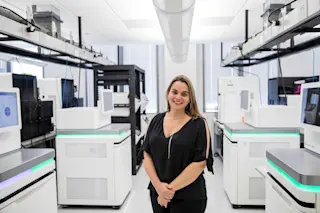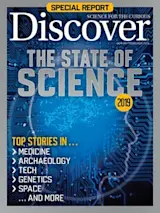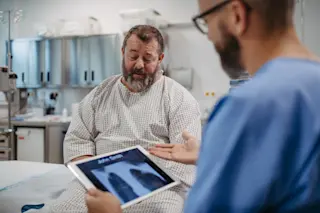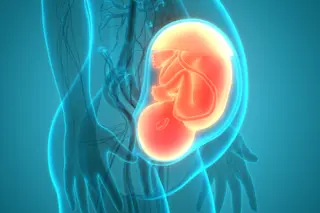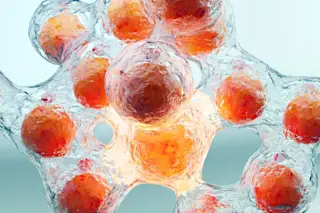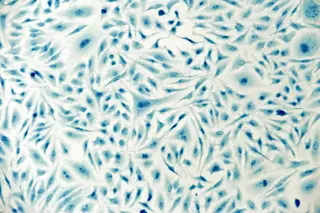In April, detectives finally identified Joseph James DeAngelo as the Golden State Killer, the man they think was behind more than a dozen murders and 50 rapes in California in the 1970s and ’80s. Police got a break in the case using a public genealogy website: They uploaded DNA samples from the crime scene to find distant relatives of the suspect. After building a family tree, investigators identified DeAngelo and confirmed the match. But now, many are wondering if the genetic sleuthing went too far. Discover asked Baylor College of Medicine bioethicist Amy McGuire, who wrote about the issue in June in the journal Science, to weigh in.
Q. What ethical and legal questions does this case raise?
A. The biggest question it raises is one of privacy and expectations about privacy. Law enforcement identified a suspect based on matching DNA not to that suspect, but to a potential distant ...


